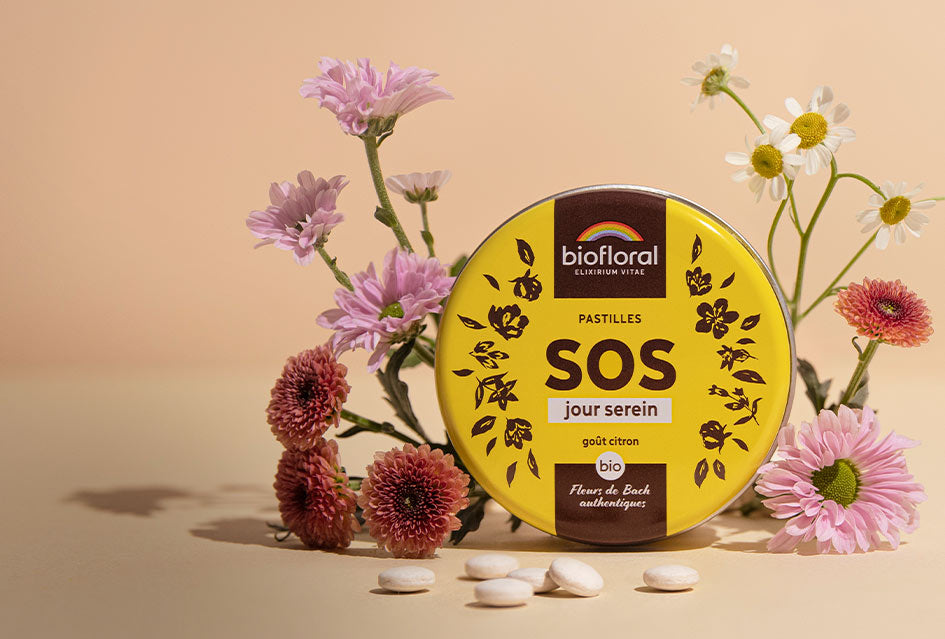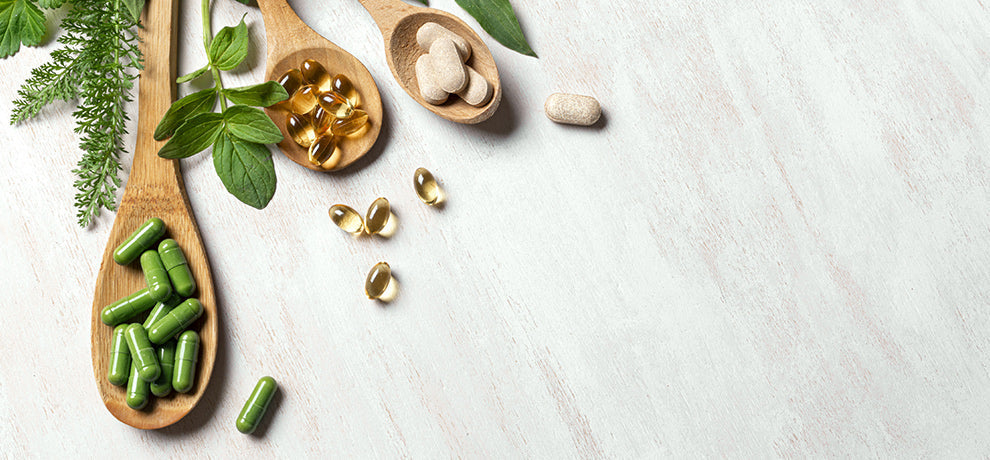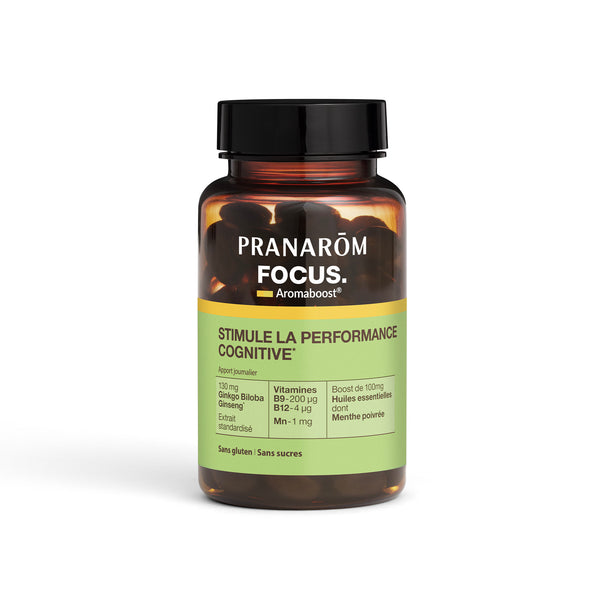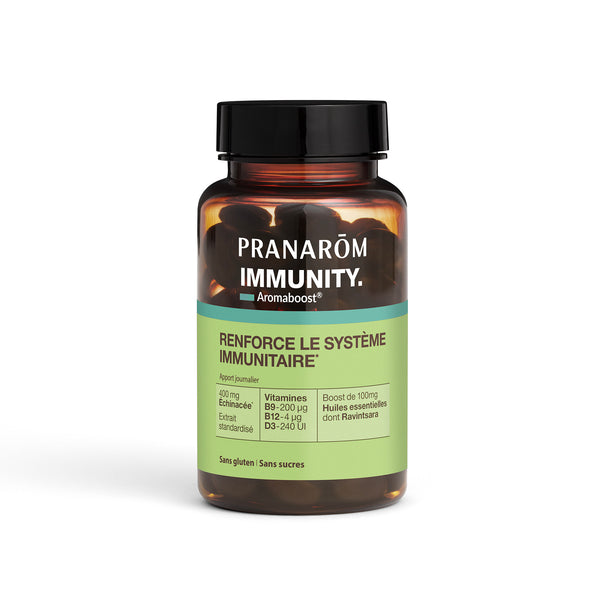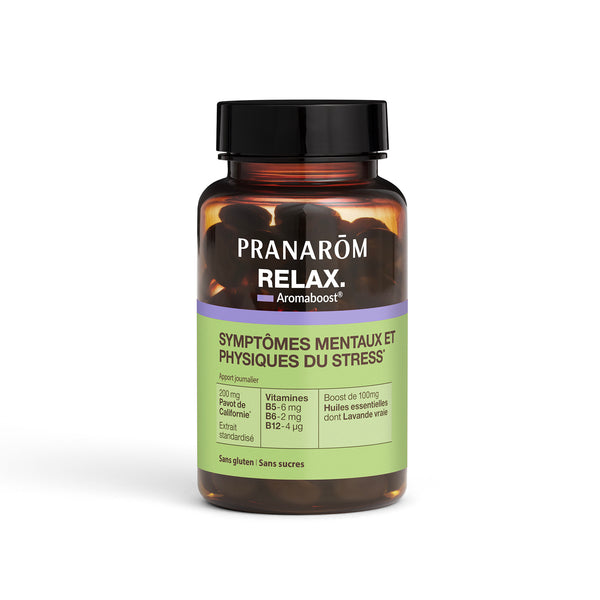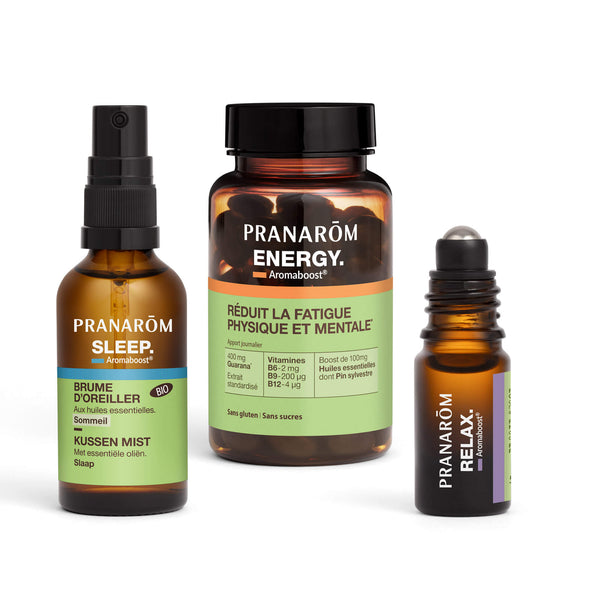When to take a food supplement?
Dietary supplements have gained popularity in recent years, especially among those who value their health and well-being. But with so many options available on the market, it can be difficult to navigate. Because to optimize the assimilation of active ingredients , it is essential to follow certain rules when taking dietary supplements. So, when should you take a dietary supplement ? Find out when to take each type of supplement for best effectiveness
A quick reminder of what a food supplement is
A food supplement is defined by the European Food Safety Authority (EFSA) as a concentrated product of nutrients or other substances that have a nutritional or physiological effect. Its purpose is to supplement a normal diet .
These supplements are designed to provide additional nutrients to our body, especially when our diet does not sufficiently cover certain essential nutrients. For example, people following a vegetarian or vegan diet may need vitamin B12 supplements , which are mainly found in animal products.
These products may contain vitamins, minerals, herbs, amino acids (among others) and are not intended to cure, but rather to support good health or provide specific physiological benefits such as aiding in weight loss or aiding sleep. It is essential to read the label carefully to be informed before use. The best dietary supplement is one that relieves your daily aches and pains and plays a role in your overall well-being.
Why take your food supplements at the right time?
Several factors determine the effectiveness of dietary supplements, which can help you choose the best time to take them. The absorption of dietary supplements can vary depending on the presence of certain foods. For example, vitamin C increases iron absorption, while dairy products can decrease it. Therefore, it is wise to plan your supplement intake around meals.
Circadian rhythm , or day-night cycle, also affects nutrient absorption. Some nutrients, like vitamin D, are best absorbed in the morning, while others, like magnesium, are more efficiently absorbed at night. Adjusting supplement intake to this rhythm can help maximize their effectiveness.
|
Can you take several food supplements at the same time? Yes, it is possible to take several food supplements simultaneously , but it is advisable to consult a healthcare professional to avoid interactions and overdoses. |
When to take a food supplement?
Food supplements should not replace a varied and balanced diet, but rather supplement in case of deficiency. The ideal timing for their consumption depends on various factors: some should be taken punctually, while others are used for prevention, such as before a change of season.
The product leaflet is the first source of information to consult, but some specific advice is also essential:
- Fat-soluble vitamins A, D, E, and K : These are better assimilated during meals due to their lipophilic nature. They combine effectively with fatty elements, such as olive oil or salmon, to be stored in the body.
- Vitamins B and C : These are invigorating, so it is best to take them in the morning. They are especially useful for vegan diets, which may be lacking in vitamin B12.
- Calcium : its assimilation can be disrupted by other minerals such as iron, so it should be taken at different times during the day, adapted to your needs.
- Iron, magnesium and fiber : These are best absorbed during meals, preferably in the evening. Iron, in particular, should not be taken at the same time as revitalizers such as tea, to avoid a reduction in its effectiveness.
What food supplements should I take on an empty stomach?
Some components may interact with food or be less well absorbed due to stomach acidity. For example, it is not recommended to take probiotics with a meal , as they must avoid remaining in the stomach for too long. It is best to take them on an empty stomach in the morning, just before breakfast, in order to protect them from stomach acids.
Vitamins (B and C) are best absorbed on an empty stomach with a glass of water , being water-soluble. Opt for a liposomal vitamin C, less irritating to the stomach than traditional ascorbic acid. If included in a multivitamin complex, take it with a meal to facilitate the absorption of fat-soluble vitamins and minerals.
Some plant extracts such as adaptogens (ashwagandha, rhodiola or holy basil) are also more effective on an empty stomach, ideally in the late morning between breakfast and lunch. On the other hand, ginseng or schisandra are better absorbed with food.
When should you take food supplements during the year?
Choosing the ideal time to take supplements can vary depending on several factors, including your specific needs and seasonal lifestyle. The main reasons to take supplements include:
- Transition between seasons : Many people opt for dietary supplements during seasonal changes, especially as winter approaches or after summer, to support the immune system or compensate for seasonal deficiencies.
- Seasonal vitamins and minerals : Some supplements like vitamin D are often taken in the fall and winter when sun exposure decreases, while antioxidants like vitamin C may be more helpful during the colder months when infections are common!
- Physical activity and specific needs : If you practice intensive sports or have specific needs based on your physical activity (such as protein for muscle recovery), the timing of taking these supplements may be linked to your exercise routine.
- Stress and special conditions : During times of increased stress (e.g. exam periods for students or during periods of high workload), certain supplements such as adaptogens (ashwagandha, rhodiola) can be taken to support stress management.
For specific needs or in case of doubt, it is always recommended to consult a health professional or nutritionist who can advise you on the optimal time to take food supplements based on your state of health and your goals.
Sources:
- https://www.anses.fr/fr/content/les-compl%C3%A9ments-alimentaires-n%C3%A9cessit%C3%A9-dune-consommation-%C3%A9clair%C3%A9e
- https://www.anses.fr/fr/content/les-compl%C3%A9ments-alimentaires-sont-ils-utiles-pour-notre-sant%C3%A9
- https://nutriandco.com/fr/pages/quand-prendre-complements-alimentaires




